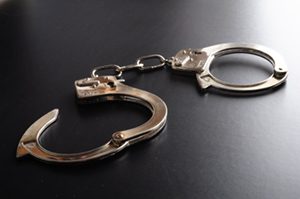
Have you ever been charged with a crime and ordered to pay restitution to a victim? You may be charged with a DUI and ordered to pay for the loss of a car, loss income, or monetary damages for the victim’s medical bills. Restitution can be awarded when you plead to a criminal case. The state, municipal prosecutor and the victim must produce evidence of the losses in order for the court to award restitution. The victim cannot just offer personal testimony of the loss.
In this case, the defendant was a minor, in the case of D.A.H. v. State of Alabama in Talladega County. The defendant was a juvenile and charged with first-degree arson of a home and with second-degree arson for setting fire to a barn. The minor pled guilty and the court ordered him to pay $69,177 for the house and $7,408 for the barn.
The juvenile defendant appealed the restitution on the basis that the state or the victims had failed to produce any evidence to support the restitution awards. A court can award restitution if determined: 1) the victim suffered direct or indirect loss as a result of the criminal activity, and 2) the defendant admitted the criminal activity was the cause of the loss or damages. In this case, the victims or the state did not produce any evidence other than their personal testimony of their losses. In this case, the juvenile may not be able to pay full restitution due to his age, he would start out in life having a major financial burden, and would not be able to support himself or a family.
The appellate court reversed the restitution award pursuant to Code of Alabama, 1975, § 12-15-101, to consider the juvenile’s financial resources and obligations, the burden the payment will impose, the juvenile’s age and background and all other relevant factors.
If you are facing a crime that includes restitution, it is important that the victim or the state produce relevant physical evidence of the damages or losses. If you are charged with a crime that involves restitution, call Ingram Law LLC at (205) 303-1753. Ingram Law LLC represents criminal defendants in the state of Alabama.
